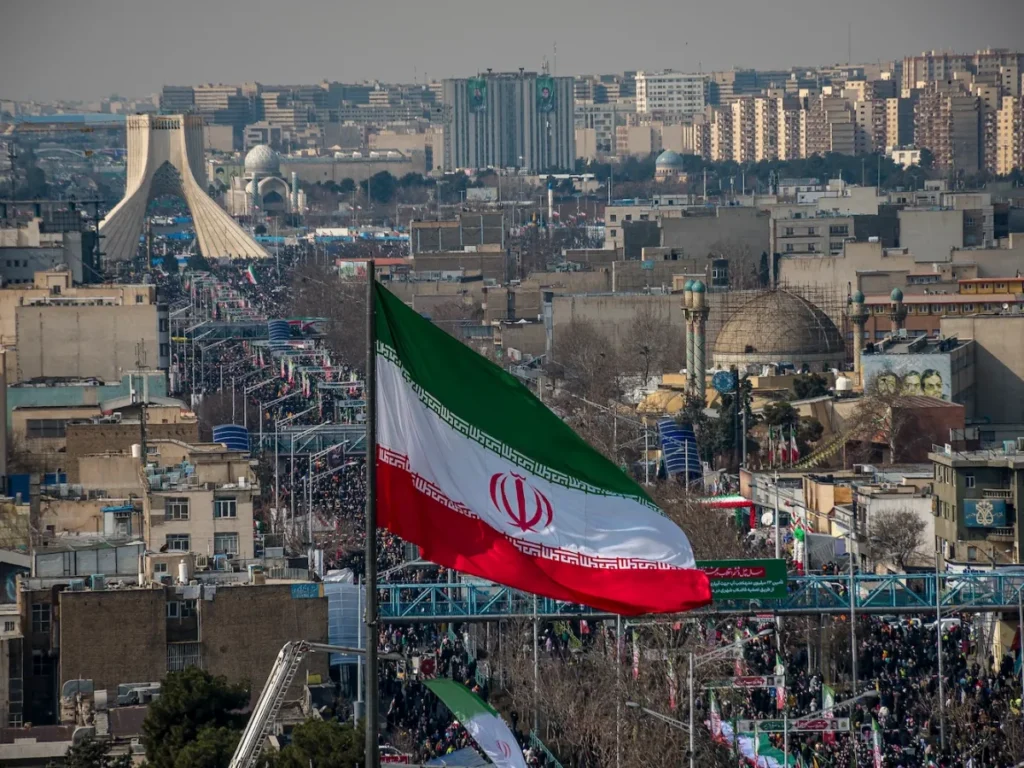Iran has expelled more than half a million Afghan refugees in a matter of weeks, sparking a major humanitarian crisis along the border with Afghanistan. According to the United Nations, over 508,000 Afghans were forcibly returned between June 24 and July 9 alone, with daily crossings sometimes exceeding 30,000 people. This dramatic move followed a one-month deadline given by Iranian authorities for undocumented Afghans to leave or face arrest. The mass deportations are part of Iran’s wider efforts to tighten control over its migrant population, citing economic pressure and national security concerns.
The expelled Afghans face grim realities upon arrival back home. Many are crossing into Taliban-controlled areas under severe heat, with temperatures reaching over 50 degrees Celsius. Families, including women and children, arrive exhausted and dehydrated, often without shelter or access to basic services. Reports indicate that some individuals have died during the dangerous journey. The Taliban have promised to receive returnees and offer support, but resources in Afghanistan are already overstretched, and many returning families struggle to find housing and jobs.
The humanitarian impact is severe. Afghanistan is already battling economic collapse, food shortages, and restrictions on women and girls. The mass influx of deportees further strains the fragile system, risking deeper instability. Aid organizations like the International Organization for Migration (IOM) and the Red Cross have expressed grave concerns, warning that relief efforts are severely underfunded. The UN estimates that a total of 1.2 million Afghans have been deported from Iran and Pakistan so far this year, and fears remain that another million could be forced out by the end of 2025.
Iran claims that the deportations are necessary to reduce illegal immigration and relieve social and economic pressures. However, human rights groups argue that these mass expulsions violate basic rights and expose vulnerable people to extreme hardship. Many of those deported had lived in Iran for decades, working in construction, agriculture, and other essential sectors. Now they find themselves pushed into an uncertain and often dangerous future.
This unfolding crisis highlights the urgent need for stronger international support. Afghanistan’s capacity to absorb so many returnees is dangerously limited, and without immediate humanitarian aid, more lives could be at risk. The world must act to prevent further human suffering and to support a peaceful and stable future for Afghan returnees.


